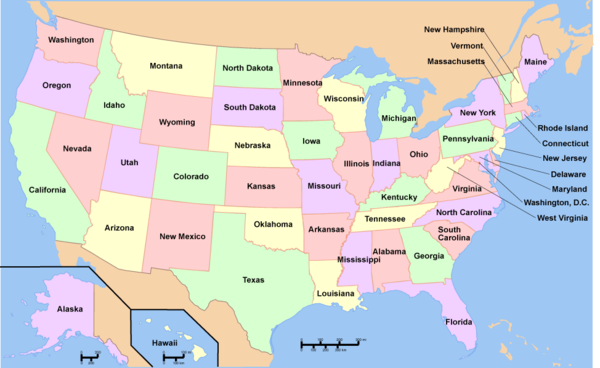Elko Formation
|
This article is part of the FrackSwarm portal on SourceWatch, a project of Global Energy Monitor and the Center for Media and Democracy. To search by topic or location, click here. |
| This article is part of the FrackSwarm coverage of fracking. | |
| Sub-articles: | |
| Related articles: | |
Contents
Introduction
The Elko Formation in Nevada contains oil shale deposits of significance. A minimum geologic age determined for the Elko Formation is about 37 million years old. Oil shale in the Elko Formation was derived from the accumulation and preservation of mineral sediments and organic materials deposited in an ancient lake. Subsequent erosion and faulting have disrupted the original lateral continuity of these oil-shale bearing deposits and left only scattered remnants exposed in mountain ranges, or deeply buried in sedimentary basins in northeastern Nevada. Scattered remnants of the Elko Formation occur over a north-south elongated area about 100 miles in length and 30 miles in width, confined to Elko County.
Detailed surface geologic studies and sampling of the Elko Formation have been conducted at three localities in Elko County: near Elko; in the Pinion Range; and in Coal Mine Canyon. of these three areas, the richest oil-shale deposits occur in the Elko area. Informally designated members 2, 3, and 4 of the Elko Formation near Elko contain oil shale. On the basis of Fischer-assay determinations of oil yield on continuous core samples from the Elko area, total in-place shale oil in members 2 and 3 has been calculated as 600 million barrels. Of this total, 228 million barrels are from beds averaging at least 15 gal/ton over a 15-feet thickness; the minimum classifiable standard for prospectively valuable oil-shale deposits. The remaining approximately 373 million barrels of in-place shale oil has been calculated for low-grade shale of member 3 that averages only 5 gal/ton over a thickness of 260 to 280 feet. Because of high energy demands in mining and processing of oil shale, shales yielding less than 10 gal/ton are not considered to be of sufficient richness to approach present economic development. Therefore, the 228 million barrels of shale oil in member 2 of the Elko Formation is considered to be the present shale-oil resource for the Elko area.
Despite the richness of oil-shale deposits of member 2 of the Elko Formation in the Elko area, the present economic development potential of this deposit is low. Environmental problems, conflicts with present land use and water availability, and development of technologically and socially acceptable mining and retorting methods are all factors that would have to be weighed if the Elko oil-shale deposit were to be economically developed on a commercial scale. Although there are notable quantities of shale oil in the Elko Formation, and more resources may be discovered buried within sedimentary basins in northeastern Nevada, the commercial development of these resources is not likely in the foreseeable future. [1]
Resources
References
- ↑ "Oil & Gas Resources" University of Nevada Reno, accessed April 9, 2012.
Related SourceWatch articles
Click on the map below for state-by-state information on fracking:
External links
| This article is a stub. You can help by expanding it. |

